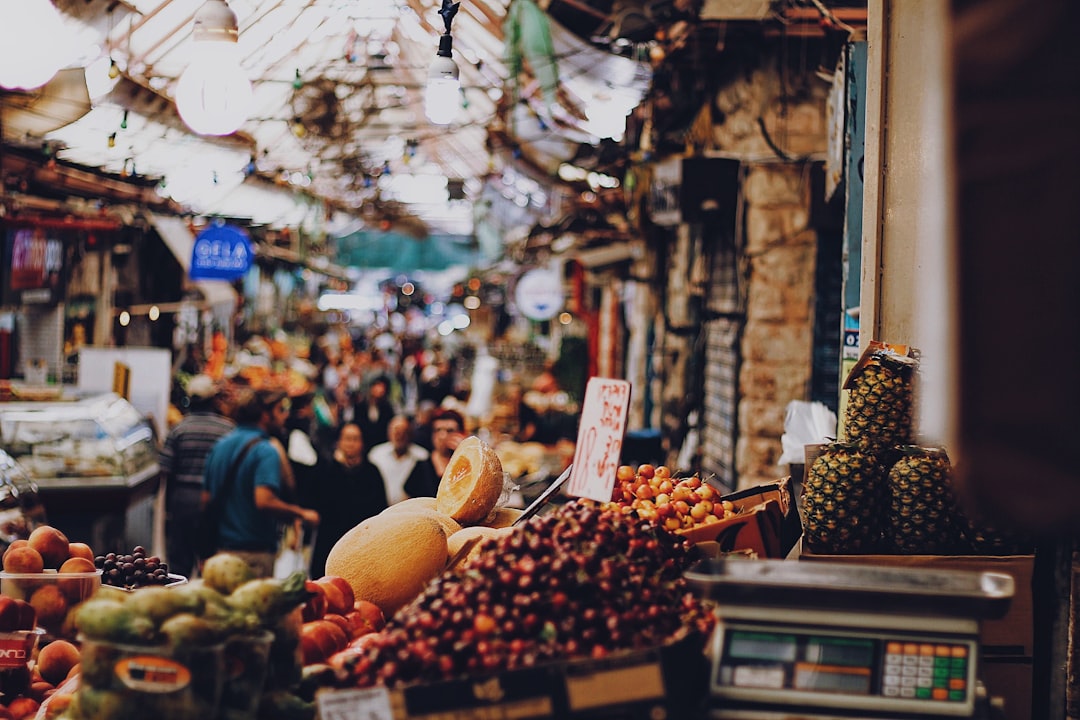As conversations around climate change, food security, and health gain momentum, one solution consistently rises to the top: local food produced through sustainable farming practices. This combination offers a powerful way to nourish our communities while caring for the planet.
In this post, we’ll explore what sustainable farming really means, how it connects to local food systems, and why these practices matter more than ever.
🌿 What Is Sustainable Farming?
Sustainable farming is an approach to agriculture that prioritizes long-term environmental health, economic viability, and social responsibility. Instead of depleting natural resources or relying heavily on chemical inputs, sustainable farmers work with nature—not against it.
Key principles of sustainable farming include:
-
Soil health: Using cover crops, composting, and crop rotation to maintain fertile, living soil.
-
Water conservation: Implementing efficient irrigation systems and protecting waterways.
-
Biodiversity: Encouraging a variety of plants and animals on the farm to create ecological balance.
-
Reduced chemical use: Minimizing or eliminating synthetic pesticides and fertilizers.
-
Animal welfare: Ensuring humane treatment of livestock with access to pasture and natural behaviors.
-
Community support: Prioritizing fair wages, safe working conditions, and strong relationships with local buyers.
🧑🌾 How Sustainable Farming Powers Local Food Systems
Local food and sustainable farming go hand in hand. Here's how they reinforce each other:
1. Smaller Scale, Greater Care
Most local farms operate on a smaller scale than industrial operations. This often allows for more hands-on, environmentally conscious farming techniques. Smaller farms can:
-
Tailor their practices to the local climate and ecology
-
Avoid overproduction and waste
-
Be more responsive to community needs and feedback
2. Shorter Supply Chains, Fresher Food
Sustainably grown local food doesn’t travel thousands of miles. That means:
-
Less energy spent on transportation and storage
-
Fewer emissions and lower carbon footprints
-
Fresher, more nutritious food on your plate
3. Keeping Land in Agriculture
When you support local farms, you’re helping preserve farmland in your region. This protects open space, prevents urban sprawl, and maintains natural ecosystems.
4. Stronger Community Ties
Sustainable farmers often sell directly to consumers through farmers’ markets, CSAs, or local grocers. These direct connections build trust, transparency, and a deeper understanding of where our food comes from.
🌎 Environmental Benefits
-
Reduced greenhouse gas emissions through fewer food miles and lower energy use
-
Improved soil health that captures carbon and prevents erosion
-
Cleaner water and air from reduced pesticide and fertilizer runoff
-
Increased pollinator habitats from biodiverse farming methods
💡 Examples of Sustainable Practices in Action
Here are a few techniques often used by local sustainable farms:
-
No-till farming: Disturbs soil as little as possible to preserve structure and microbial life.
-
Agroforestry: Integrates trees and shrubs into crops or grazing land to enhance biodiversity and shade.
-
Integrated pest management (IPM): Uses beneficial insects, crop diversity, and natural barriers to reduce pest damage without relying on chemicals.
-
Rotational grazing: Moves livestock regularly to prevent overgrazing and allow pastures to regenerate.
🍎 How You Can Support Sustainable Local Farming
-
Buy from local farms using sustainable methods—look for certifications or ask questions at the market.
-
Join a CSA (Community Supported Agriculture) to get fresh produce straight from the source.
-
Eat seasonally—support crops that naturally grow in your area during that time of year.
-
Grow your own food using eco-friendly methods.
-
Advocate for policies that protect farmland and fund sustainable agriculture programs.
🌱 A Sustainable Food Future Starts Locally
The way we farm and eat today shapes the world we live in tomorrow. By supporting sustainable farming and choosing locally produced food, we invest in cleaner air, healthier soil, thriving communities, and a more resilient food system.
It’s a simple truth: healthy farms create healthy food, and healthy food creates healthy people. When you eat locally and sustainably, you're not just feeding yourself—you're nurturing a better future for everyone.

Comments
No comments yet. Be the first to comment!
You must be logged in to comment. Login